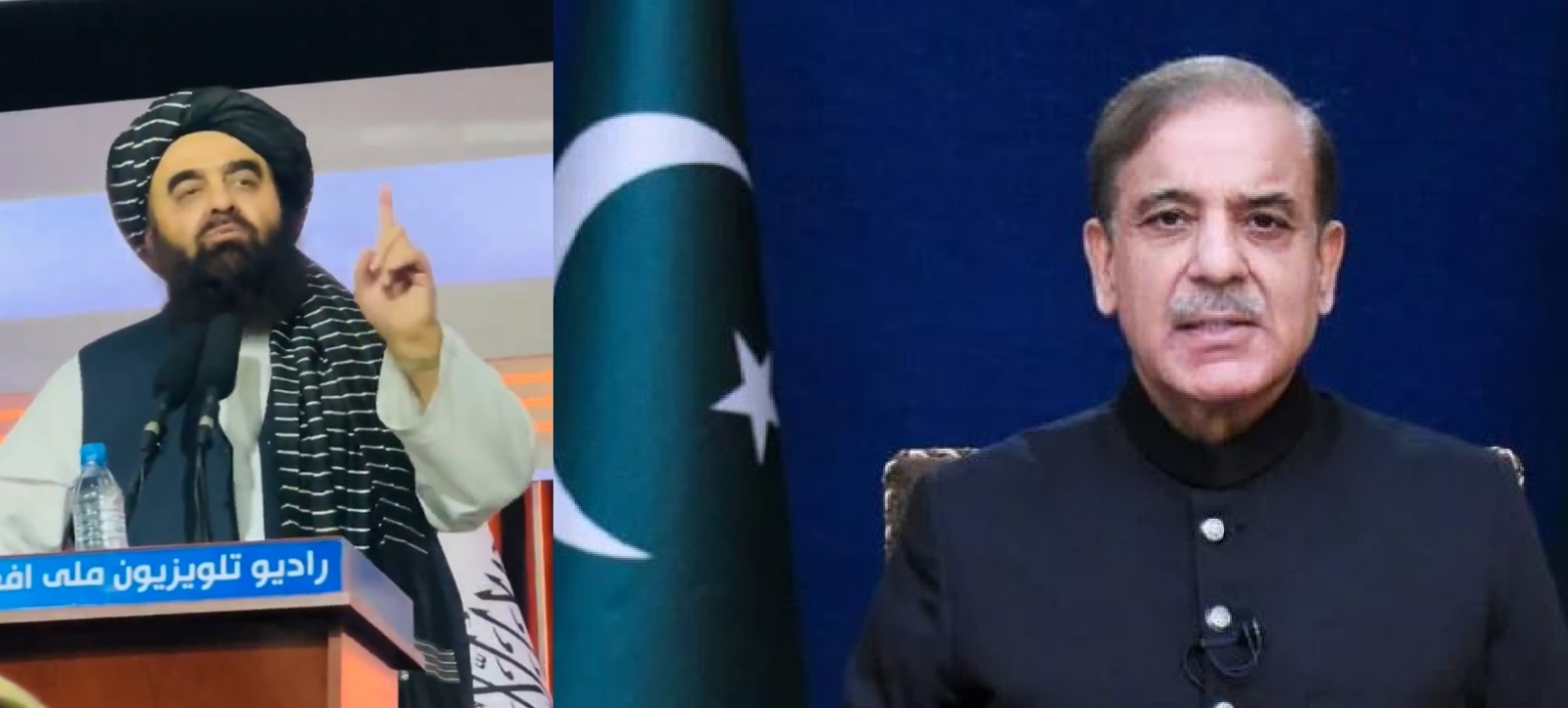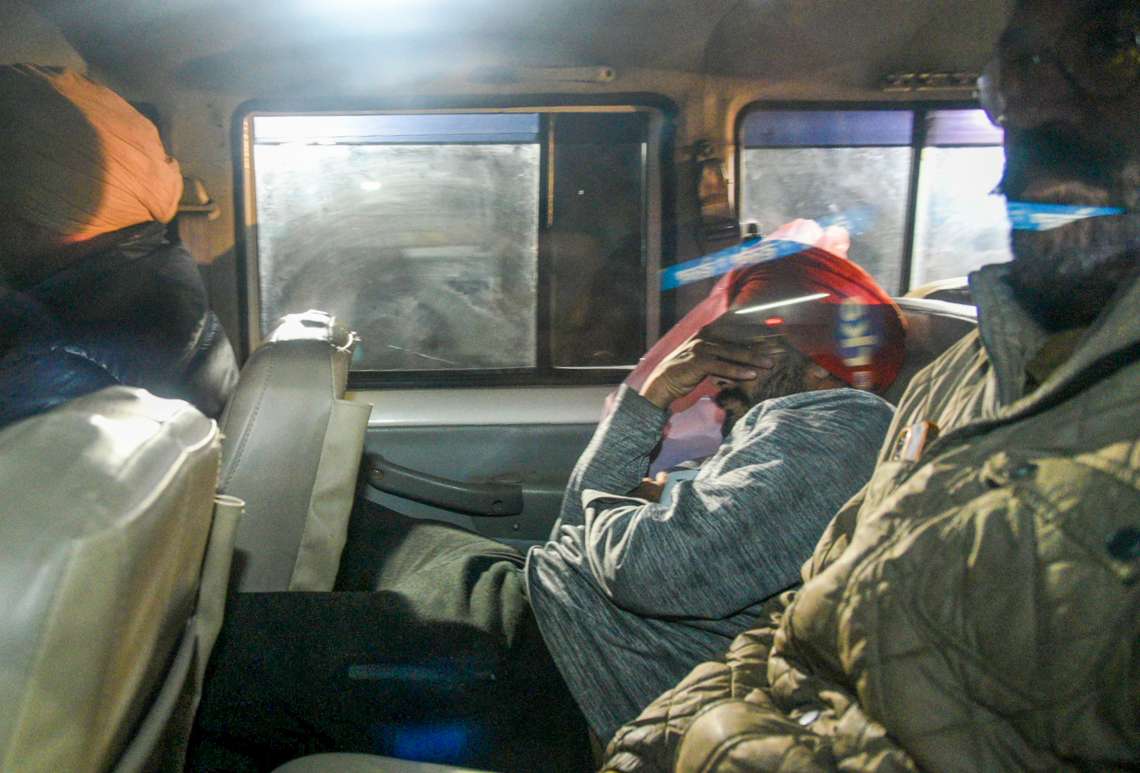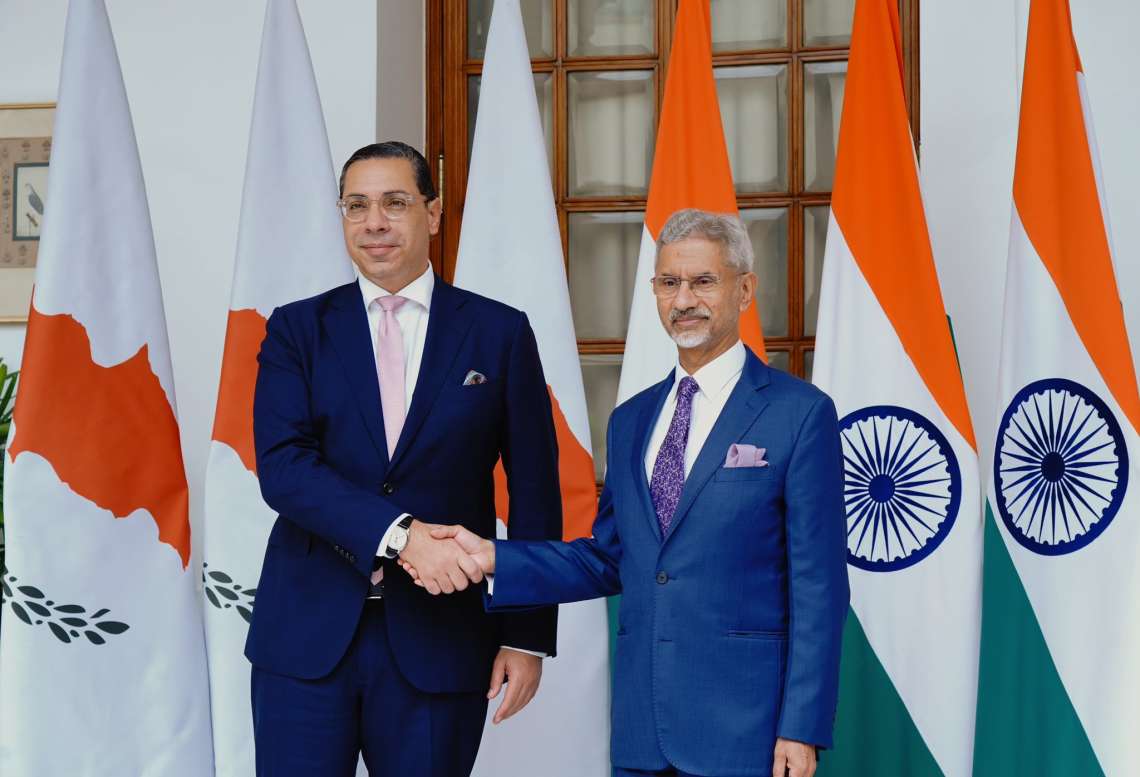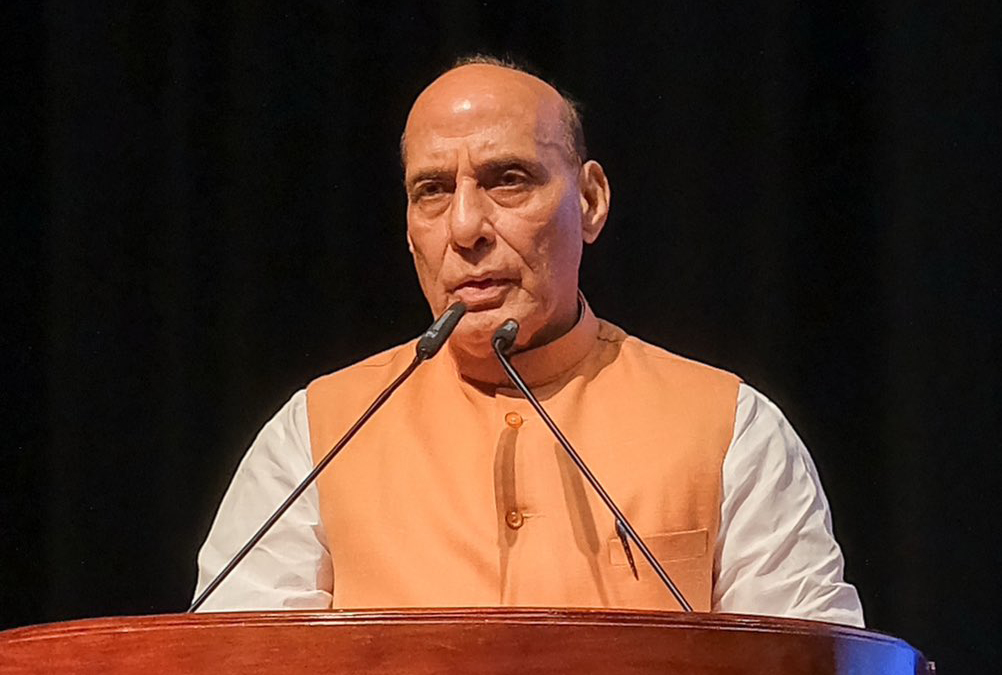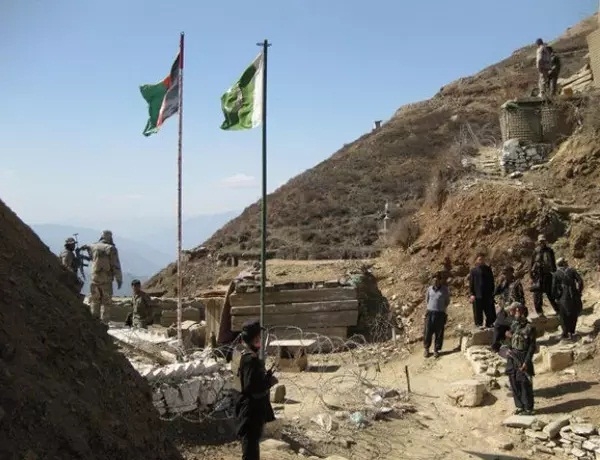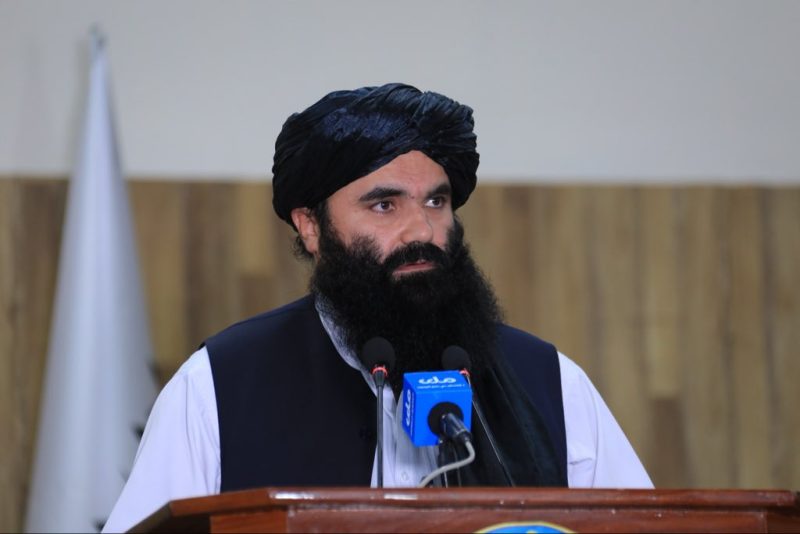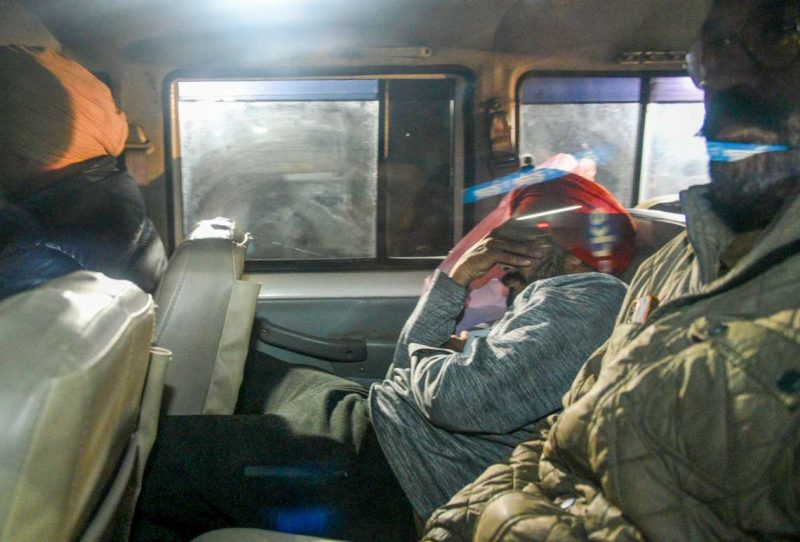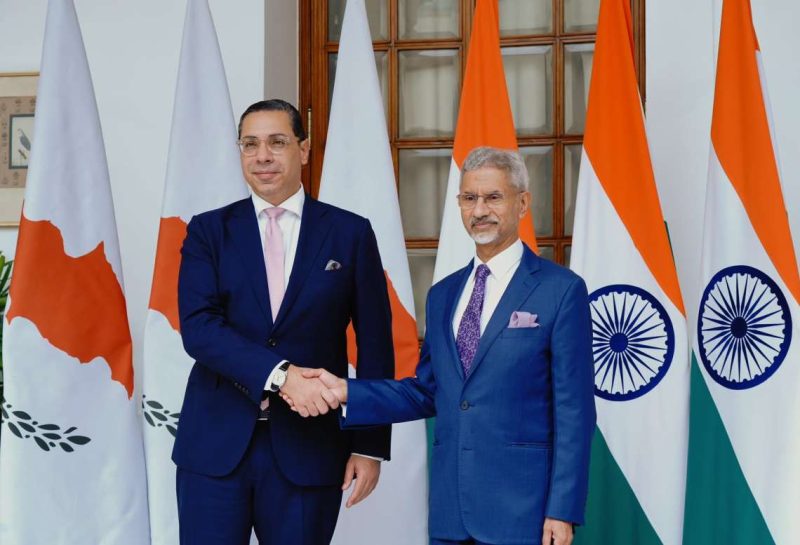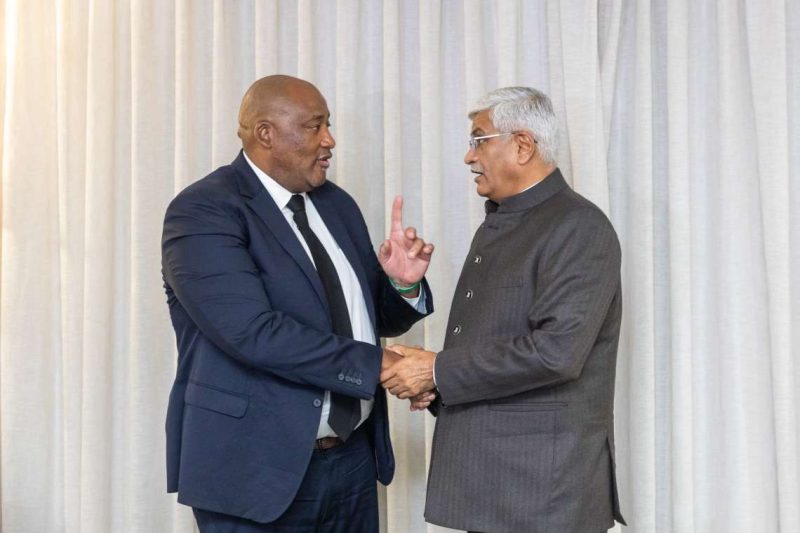The airstrikes by Pakistani fighter jets on parts of Barmal district in Paktika province was the second instance in 2024 of Islamabad directly hitting “civilian areas” on Afghan territory…reports Asian Lite News
Justifying its recent airstrikes in Afghanistan’s Paktika province, the Pakistan government on Monday stated that it would carry out more such attacks inside the Afghan territory to target Tehreek-e-Taliban Pakistan (TTP) hideouts, if necessary.
“We have the legal right to continue these operations if Afghan soil is used to attack Pakistan,” Rana Sanaullah, Special Assistant to Prime Minister Shehbaz Sharif on political affairs, was quoted as saying by the local media on Monday.
On December 24, Pakistani air strikes inside Afghanistan resulted in the death of 46 people, including several women and children, inviting worldwide criticism and a stern warning from the Taliban regime in the war-torn country.
The airstrikes by Pakistani fighter jets on parts of Barmal district in Paktika province was the second instance in 2024 of Islamabad directly hitting “civilian areas” on Afghan territory.
In March 2024, a similar strike had killed eight people, including three children.
Sanaullah’s statement came at a time when Islamabad has intensified its “counter-terrorism operations” against the TTP and other “anti-state militant groups” while accusing Afghan Taliban for providing a safe haven to insurgents and supporting them in their terror activities inside Pakistan.
The comment is also being seen as a response to repeated threats issued by various Taliban leaders against Pakistan since the airstrikes.
“Afghans will not forget the invasion of their territory, and Pakistani rulers should adopt a measured policy,” said Acting Afghan Foreign Minister Amir Khan Muttaqi, two days after the air strikes, calling the Pakistani act not only a violation of Afghanistan’s territorial sovereignty, but also one which can act as a trigger for potential major conflict between the two countries.
Over the weekend, Afghanistan’s Deputy Foreign Minister for Political Affairs Sher Mohammad Abbas Stanikzai had also warned that Afghanistan has fighters who can act like an “atomic bomb”.
“Islamabad should not test the patience of its western neighbour. Pakistan should not exploit the patience of the Afghanistan government. We have fighters with a capacity equivalent to an atomic bomb. If we release just five sons of Mahmud Ghaznavi, Babur and Ahmad Shāh Abdali, from this border towards you (Pakistan), then not even the Indian Ocean will be able to stop them,” said Stanikzai while addressing a graduation ceremony in Kabul on Saturday.
Islamabad insists that it is the Afghan Taliban which is lending support to TTP, including all the funding needed to operate against Pakistan, and it was Kabul’s failure to take action against them that had prompted the airstrikes.
The TTP, meanwhile, continues to target military and security installations in Pakistan and is now looking to extend its radius of targeted attacks.
In a statement issued on Sunday, the militant group stated that it will now extend its targeted attacks to the Pakistani military’s business entities, including housing societies, banks, fertilizer companies, cement companies and the ordnance factories spread across the country.
“The TTP will solely be targeting the security forces. As everyone knows that the Pakistan Army relies heavily on its different sources of businesses, because of which it has occupied the whole country for 70 years. It is in this context that TTP has decided that, from now on, attacks will also be carried out on all military-owned and military-led businesses,” read the TTP statement.
The TTP also gave a three-month deadline to all the companies associated with Pakistan’s military establishment, warning shareholders of major consequences.
The statement specifically mentioned military-led businesses in the country, including National Logistics Cell, Frontier Works Organisation, Fauji Cement, Askari Bank, Fauji Fertilizer Company, Askari Cement, Pakistan Ordinance Factory, Fauji Foundation, Fauji Foods, Askari Fuels and Defence Housing Authority.
“All companies holding shares with the military-led companies should withdraw within three months. All employees working in military-led companies are also given a deadline of three months to leave their jobs and find work elsewhere. All shops, which have kept products of military-led companies, have been given two months to remove them and stop selling them in the future,” the TTP said.
“If, after two months, such products are still kept in shops, then our workers will be directed to burn them all or remove them by all means. Similarly, vehicles being used to transport military-led products will also be burnt,” the statement added.
The TTP has also warned political parties, including the ruling party Pakistan Muslim League – Nawaz (PML-N) to stop referring to TTP as “fitna al khawarij”, warning them of attacks if they do not stop doing the same.
ALSO READ: China invites Afghanistan to participate in regional meet


